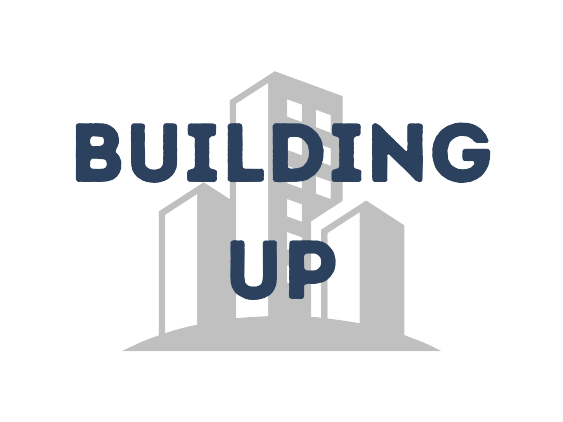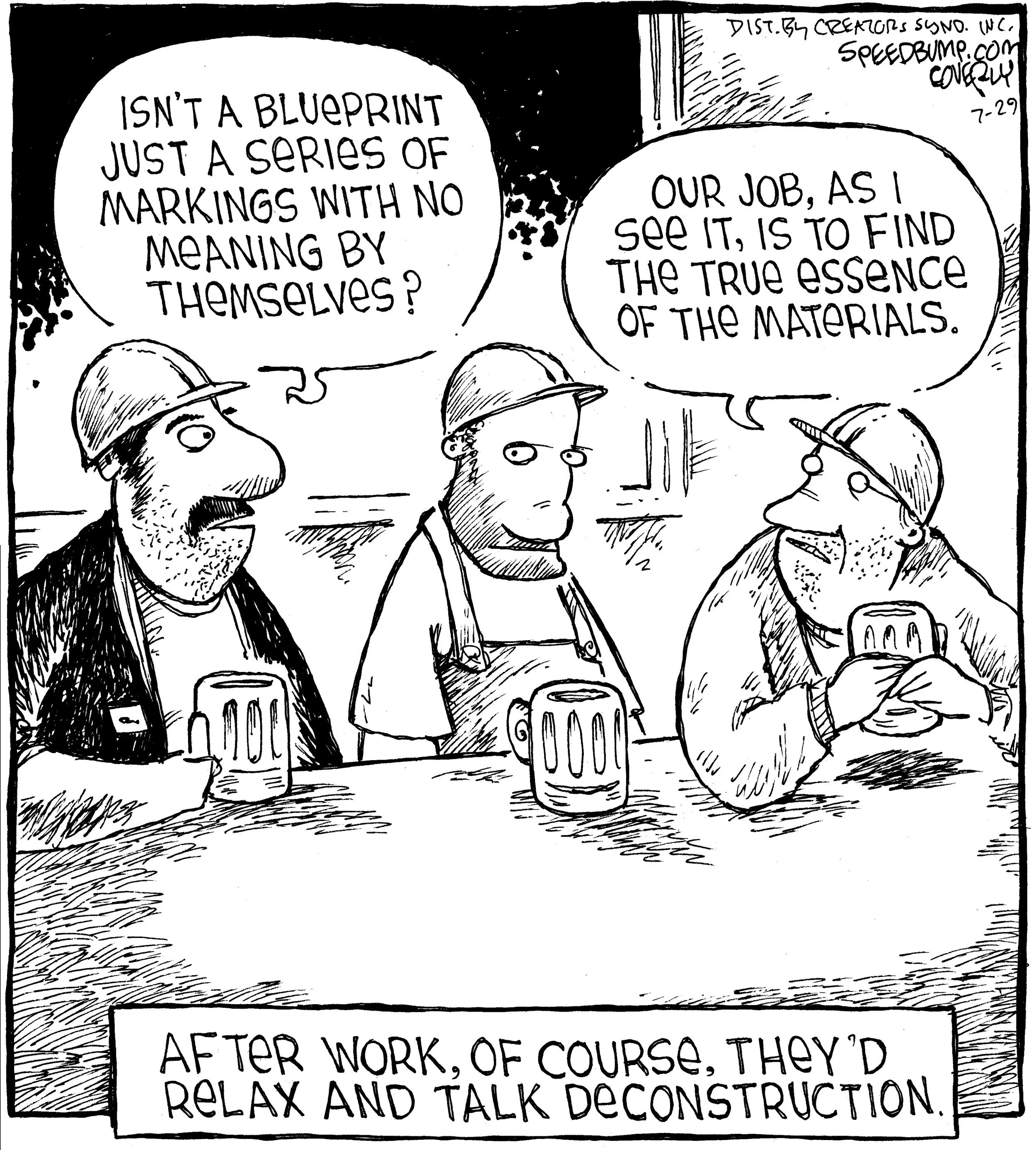Give Yourself a Break
Leadership is often defined by how well we serve and support others. But in the middle of meeting expectations and managing responsibilities, it is easy to forget that we also have a responsibility to lead ourselves with the same care we offer everyone else.
We hear a lot about grit and resilience in leadership, but we rarely talk about the cost of pressure. High standards without self-compassion can lead to burnout, harsh self-talk, and a constant feeling of not doing—or being—enough.
Self-compassion helps you lead from a steadier place. It means setting honest expectations, speaking to yourself with patience, and learning from mistakes without getting stuck in them. When you show that kind of care to yourself, it becomes easier to offer it to others too.
Rest is part of what makes good leadership possible. It keeps your thinking clear, your focus steady, and your energy from running out. You should not have to earn it. Making space to recover helps you stay present and lead well, especially when things are busy.
This final session in the Work/Life Balance module brings together the core practices we have already explored: recognizing your season, leading with intention, knowing when to speak up, and now, building a foundation of self-compassion that supports them all.
“Talk to yourself like you would to someone you love.”
Self-Assessment: Give Yourself a Break
Please take a few moments to answer the following self-reflection questions. Where can you identify opportunities for personal growth in your leadership?
How do I speak to myself after a mistake?
Would I use that same tone with someone I work with?
Where am I holding myself to a standard that no longer fits my current season?
When was the last time I made time to rest or reset on purpose?
Do I treat recovery like a reward or like a necessary part of my routine?
What helps me reset when I have had a long or difficult day?
Where do I offer grace to others but not to myself?
What message is my leadership sending about how we handle pressure and well-being?
Remember, this self-assessment is just a starting point for understanding Giving Yourself a Break as a leader. It's essential to reflect on your responses and actively work on areas where improvement is needed.
You missed a deadline. It was a rough week, and your focus was scattered. You feel frustrated, maybe even a little embarrassed. A thought creeps in: “You’re no good at this.” That voice is loud, and it weighs you down. It does nothing to help you recover or move forward.
Self-compassion may not come easily in moments like this, but it matters. There is no reason to treat yourself with less care than you would offer someone you respect and support.
Pause here and ask yourself:
When was the last time I gave myself room to reset after a hard day?
How do I usually speak to myself when something goes wrong?
Would I say those same words to someone I work with?
There is science behind why the way we speak to ourselves matters.
But before we get to the research, it helps to notice what self-talk actually sounds like. When something goes wrong, the words we use carry weight. That inner dialogue can either drain our energy or help motivate us to move forward, it’s all about how we choose to respond.
Here are some common examples of negative self-talk, and what a more compassionate version might sound like:
Negative: “I always mess this up.”
Compassionate: “This didn’t go the way I hoped, but I can learn from it and do better next time.”
Negative: “Everyone else has it together except me.”
Compassionate: “I don’t have to compare myself to anyone else. I’m doing the best I can with what I have.”
Negative: “I should have done more.”
Compassionate: “I did what I could today. It’s okay to pause and reset before I take the next step.”
Negative: “I’m falling behind again.”
Compassionate: “This is a heavy season, and I’m still showing up. That counts.”
“Self-compassion is simply giving the same kindness to ourselves that we would give to others.”
Small shifts in self-talk don’t mean avoiding accountability, but instead mean choosing to move forward without being weighed down by shame. When you speak to yourself with the same steadiness and grace you offer others, you create space to grow.
Research in neuroscience shows that self-compassion reduces the brain’s stress response. Instead of staying trapped in a cycle of anxiety or criticism, your mind becomes better equipped to reset, making space for calm, clearer thinking, and recovery. A 2023 review in Frontiers in Psychology found that self-compassion is linked to lower burnout and greater emotional resilience, especially in high-pressure roles. It helps shift your brain out of threat mode so you can refocus and move forward with steadiness.
In everyday terms, the less pressure you place on yourself, the better your brain works. When you stop beating yourself up and start offering grace, you feel less overwhelmed, recover faster, and respond to challenges with greater clarity and control.
If it feels hard to give yourself a break, you are not alone. Many leaders are quick to show patience to others but slow to extend that same grace to themselves. The practices that follow are here to help you create a steadier rhythm that supports clarity, recovery, and resilience throughout your day.
1. Recognize Negative Self-Talk: Pay attention to your inner dialogue. The way you talk to yourself matters. If your inner voice is harsh, pause and ask, “Would I say this to someone else?” If you catch yourself being overly critical, try to reframe those thoughts with kindness and understanding.
2. Set Realistic Expectations: We all want to do our best, but no one can operate at full speed every day. Be honest with yourself about what’s realistic right now. If you’re pushing too hard, adjust. Progress matters more than keeping pace with unrealistic expectations.
3. Learn From Mistakes: You’re going to mess up sometimes. That’s part of life. When things go wrong, reflect without spiraling. Ask yourself, “What happened? What can I learn? How do I grow from this?” Mistakes don’t define your worth. They can help shape your growth.
4. Schedule Time to Reset: You need time to work, but you also need time to breathe. When your day is packed from beginning to end, even small problems can start to feel bigger than they are. Try to make space that is not filled with tasks, conversations, or constant motion. A quiet moment—even five minutes—can help you reset and face the rest of the day with more steadiness.
5. Normalize Rest and Recovery: Burnout shouldn’t be a badge of honor. Pay attention to signs of exhaustion or emotional overload. Instead of pushing through, pause and ask what you need. A rested mind makes clearer decisions and leads with more calm.
6. Celebrate Small Wins: It’s easy to overlook progress when you’re focused on what’s next. Slow down long enough to notice what’s going well. Celebrate the small things, even if it’s just making it through a tough day. Encouragement matters, and so does recognizing your effort.
Self-compassion is a leadership skill. The way you respond to yourself in moments of stress, failure, or fatigue affects how you recover and how you show up for others. You cannot lead with steadiness if you are constantly running on empty. Caring for your energy and mindset strengthens your ability to lead clearly and consistently.
Take time this week to notice your self-talk, especially when things do not go as planned. A kind response, even a small one, can shift your focus and help you move forward with momentum.
Reflection Questions:
How do I speak to myself after a mistake? Would I use that same tone with someone I work with?
When I make a mistake, how long do I carry it with me?
How often do I pause to recognize progress or wins?
Have I allowed myself a break this week?
How do I know when I’m nearing burnout, and do I respond to those signs?
In the Work/Life Balance module of the MSS Way, we’ve explored the importance of recognizing the season we’re in, leading ourselves with intention, and speaking up for our needs and boundaries. Self-compassion is the thread that weaves these elements together. It affirms that rest matters, and that how we care for ourselves shapes how well we lead.
To push your understanding of Giving Yourself a Break to the next level, explore these valuable resources. They’ll help expand your skills and provide essential tools for building strong leadership.
The Space Between Self-Esteem and Self Compassion
Kristin Neff
Burnout and the Brain – Association for Psychological Science
Gerace, A., Day, A., Mohr, P., & Howells, K. (2023). Mindful self-compassion as an antidote to burnout: A narrative review. Frontiers in Psychology, 14, 1060613. https://doi.org/10.3389/fpsyg.2023.1060613







